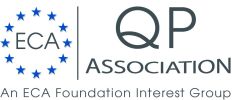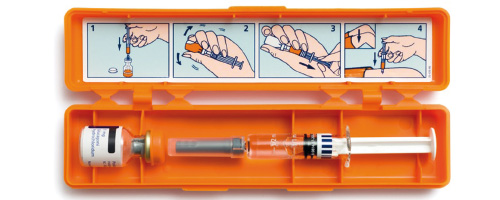Brexit Agreement - what now?
After intensive negotiations, the European Union (EU) and the United Kingdom (UK) agreed on a provisional Trade and Cooperation Agreement on 24 December 2020. By the end of the year, all remaining EU member states have given their consent to the agreement and its provisional application. For the agreement to finally enter into force, the approval of the European Parliament is still required.
What does the document say?
Primarily, the document is about an economic partnership and trade regulations. It provides a free trade agreement which contains neither tariffs nor quotas for goods that comply with the relevant rules of origin. Furthermore, it also deals with topics such as services, professional qualifications, environmental and energy issues, freight transport as well as regulations on social security or research and development. A fairly good overview of the regulations can be found here.
Only a few of the regulations relate directly to medicinal products and the associated requirements. There is a dedicated annex (TBT-2: Medicinal Products), but it mainly refers to cooperation, the recognition of inspections, the exchange and recognition of official GMP documents and the establishment of a working group - but nothing that could change the situation communicated by the EU Commission, EMA and MHRA already last year.
This is not a Mutual Recognition Agreement (MRA), as many had hoped. Neither the mutual recognition of batch testing nor the batch certification and release of medicinal products is covered. This means that for medicinal products imported from the UK, batch certification must be carried out by an EU based Qualified Person (QP) according to EU GMP.
A possible mutual recognition of marketing authorisation decisions was also not agreed on, nor was a transition period.
The document goes on to say that "in specific circumstances" an authority may "opt not to accept an official GMP document issued by an authority of the other Party for manufacturing facilities located in the territory of the issuing authority", e.g. in the case of inconsistencies or inadequacies in an inspection report or quality defects. The authorities on both sides of the channel thus exchange all the information necessary for the recognition of inspections and of official GMP documents. However, this is not a guarantee any authority has "the right to conduct its own inspection of manufacturing facilities that have been certified as compliant by the other Party".
The Annex also states that the EU and UK "shall endeavour to consult one another" in the development and adoption and implementation of internationally agreed scientific or technical guidelines. This is probably intended to prevent a slow drift apart of new GMP requirements. However, it is not a guarantee. In the case of planned changes to applicable laws, regulations and administrative provisions, the contracting party must be notified at least 60 days "before adopting any new measures or changes relating to Good Manufacturing Practice".
Guidance for UK
The MHRA has currently updated or created a set of guidance. For example, guidance documents in the area of medicines approval and new assessment routes have been updated. This has introduced changes to national licensing procedures, including procedures to prioritise access to new medicines that will benefit patients, an accelerated assessment procedure and new routes of evaluation for novel products and biotechnological products. Details can all be found on the MHRA website.
The challenges of centralised marketing authorisations and ongoing marketing authorisation procedures are also addressed and new guidance is published, such as "Guidance on the handling of applications for Centrally Authorised Products (CAPs)" and "Procedural advice for Northern Ireland on applications for European Commission Centralised Marketing Authorisations". Guidance on the handling of Decentralised and Mutual Recognition Procedures which are approved or pending has also been published in an updated form.
The MHRA has also published guidance on the location of marketing authorisation holders and QPPVs (Qualified Person responsible for Pharmacovigilance). This somewhat unwieldy document states that the required QPPV for nationally authorised products can be based not only in the UK but also in the EU or EEA. Marketing authorisation holders for UK marketing authorisations must be established in the UK or in the EU or EEA. However, if the QPPV is not based in the UK, a UK contact person for pharmacovigilance is required.
Caution! Conversely, a QPPV established in the UK will not be accepted in the EU Member States.






